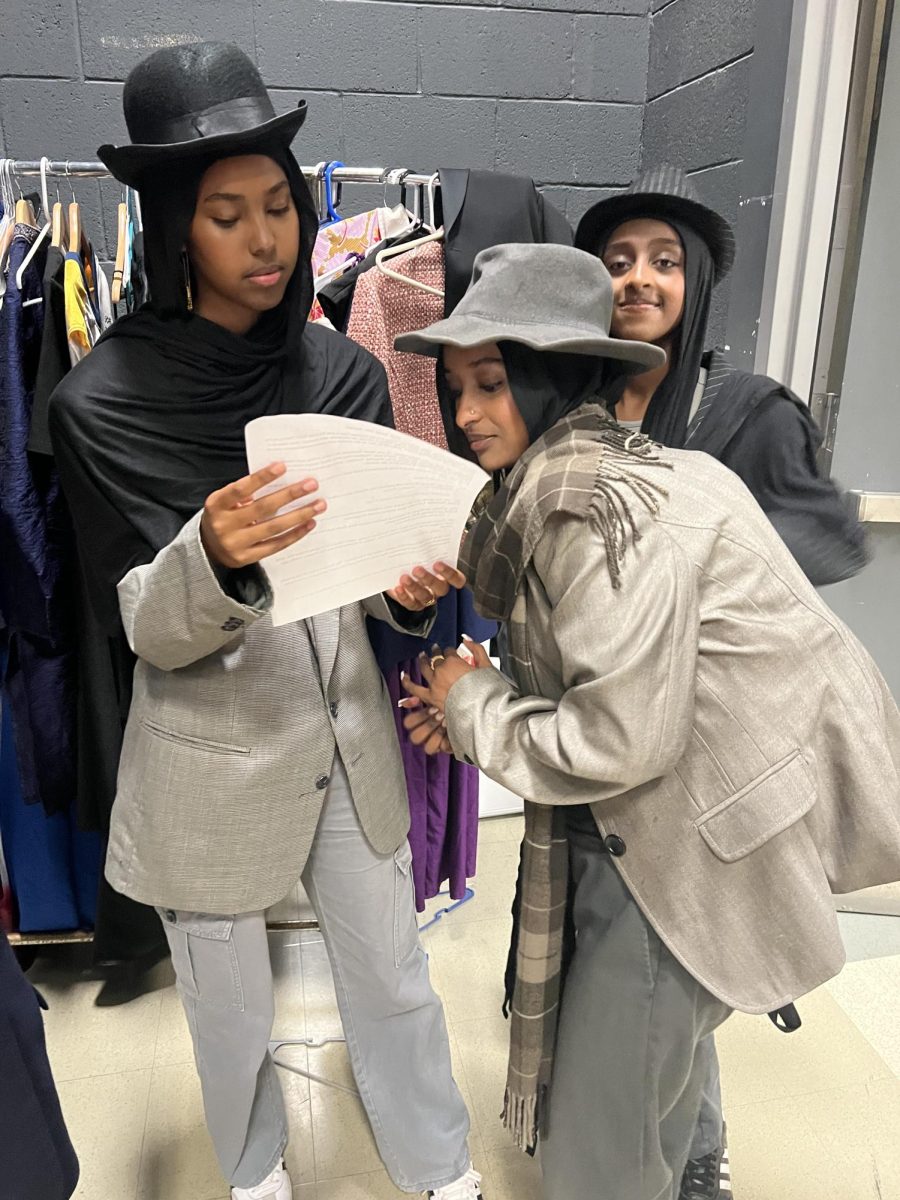Violence and Discrimination Against Kurdish Woman Sparks International Outrage
October 17, 2022
A 22-year old Iranian woman, Mahsa Amini, was beaten and killed by the Iranian morality police on Friday, September 16, 2022. Severe backlash has emerged, and protests have taken place in Iran to state their opinion on police brutality and the strict dress codes for women.
Women have been required to wear head coverings, known as hijabs, since a religious rule was forced after the 1979 Islamic Revolution. Now, the death of Mahsa Amini has sparked huge protests filling the streets of Iran about such a law. Not only has this led to worldwide protests, but women have now been cutting their hair and burning their hijabs to disobey the strict hijab rule and dress code.
Why would the government be the one to choose this for women if it’s supposed to be their opinion and their religion. The Iranian government is definitely negative because it’s like if they target the women because they are following the religion they established then now it’s like women’s rights automatically disappeared and have no say in what they can do, making them follow the government’s strict rules.
“Women’s issues have long been a catalyst for broader political action in Iran,” said Annabelle Sreberny, professor emeritus at the Iranian Studies Centre at Soas University of London in an article with The Guardian. “This could be it. It could be the moment when people motivated by all the problems facing Iran today, like rising inflation, ecological crisis and lack of democratic participation, coalesce around these women’s issues to challenge the regime.”
This was the last straw for Iranian women. They have been forced for too long that at this point, they have the power in them to show the government that they will stand up and raise their voice on the tragic death following Mahsa Amini and against the hijab rule made up by the Islamic Republic.
Wearing a hijab shouldn’t be the government’s choice, it should be women’s personal choice. It’s their hair and their choice. They shouldn’t be able to get harassed on the street by “improperly” wearing a hijab.
“Control of the female body and oppression of women is not just a matter of policy of the current government,” said Azadeh Akbari, a researcher at the University of Twente in the Netherlands in an article with The Guardian.
These women have also had to endure gender inequality for way too long. It’s not just in Iran, but worldwide, and it has to be stopped. We should all be treated like the human beings we are.
These Iranian women are obligated to submit to a man’s will. The passport law of 1973 forced women to have permission from their husband in order to leave the country. Also, a widow only inherits one-eight of the husband’s estate while a man inherits everything, which is so unfair.










